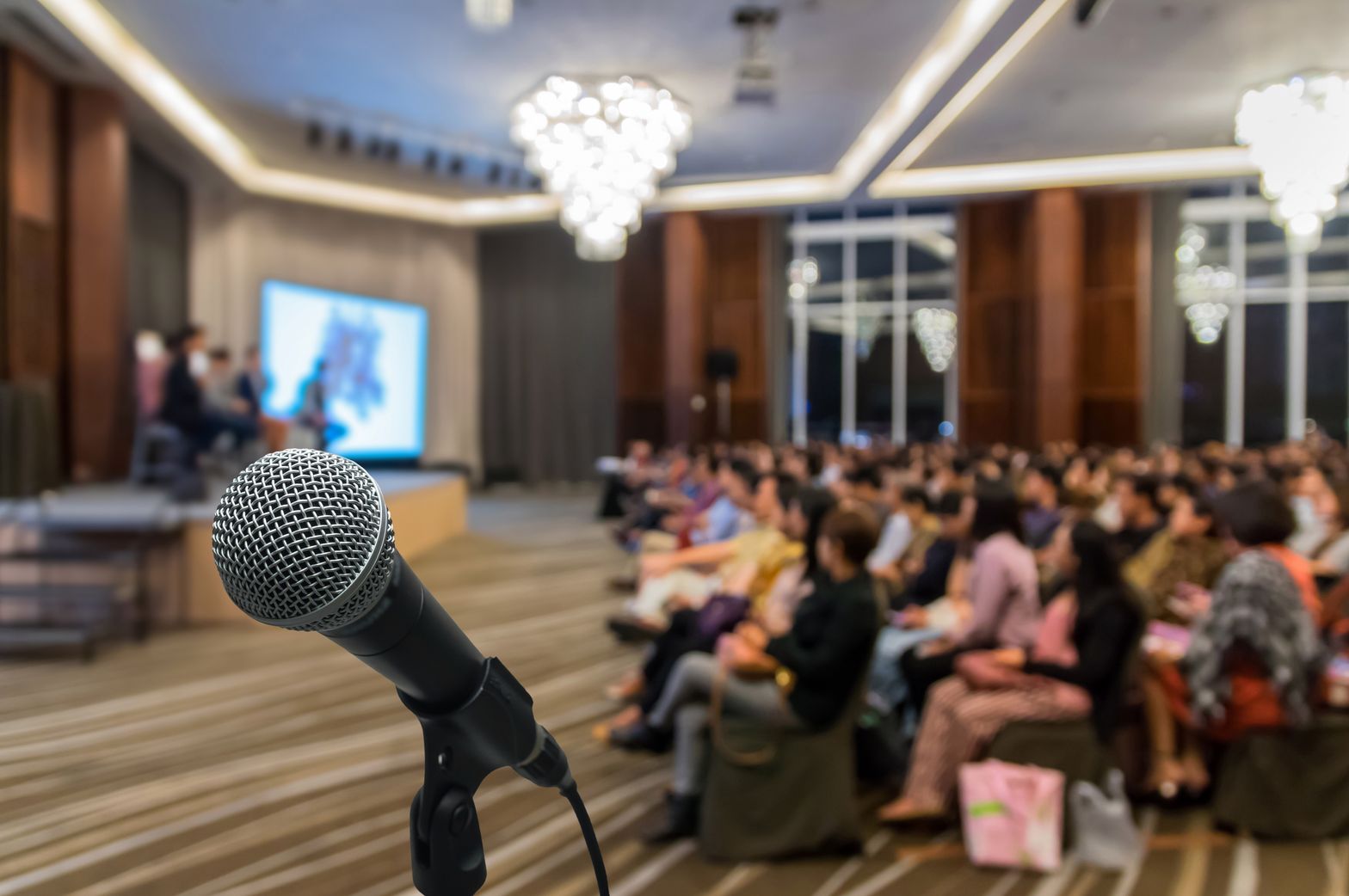PRESS RELEASE
9 May 2017, Melbourne
“360 Support is Paramount”
The biggest setback for any destination to create a sustainable business events industry is the lack of community-wide support.
Mike Williams, Senior Partner of GainingEdge believes that support required is not only from the business events industry, but also from all levels of government, the academic community, local business leaders and the general public.
To secure long term government support, a bureau must align its strategies with that of government priorities and demonstrate the relevance of business events for governments to achieve their economic growth objectives. On the other hand, meetings industry partnerships can help a destination extend its brand value proposition to the marketplace, create value-add programmes to entice new business and develop new products and services suitable for the business events sector.
Williams pointed out that best practice bureaus are embarking on association development programmes that strengthen their local host communities and make them better resourced to host international conferences. As academic institutions are the main source of the future workforce, working closely with relevant institutions to help develop curriculum and providing industry internships for students is another form of community engagement that is critical for the development of a sustainable meetings industry. Last but not least, CSR programmes are an effective way of generating community benefits and raising awareness of the importance of business events to the destination and to the host community.
GainingEdge will host its annual GainingLeads and GainingEdge Knowledge Exchange (GEKEX) sessions during IMEX 2017. In addition, GainingEdge CEO Gary Grimmer will moderate at ICCA’s (International Congress and Convention Association) Association Expert Seminar, the 13th edition, since this popular seminar which brings together association executives and ICCA members together first began in 2005.
Read more about the relationship between community support and a sustainable meetings industry in the May 2017 issue of GainingInsights.
Media enquiries:
Gary Grimmer (gary@gainingedge.com)
Mike Williams (mike@gainingedge.com)The biggest setback for any destination to create a sustainable business events industry is the lack of community-wide support.
Mike Williams, Senior Partner of GainingEdge believes that support required is not only from the business events industry, but also from all levels of government, the academic community, local business leaders and the general public.
